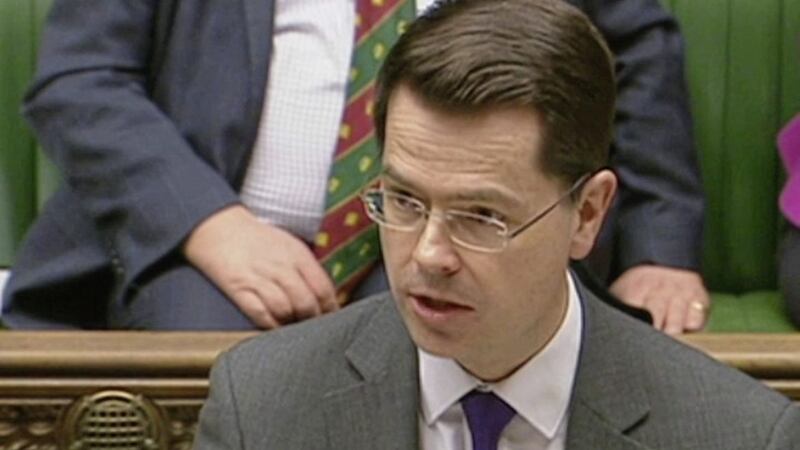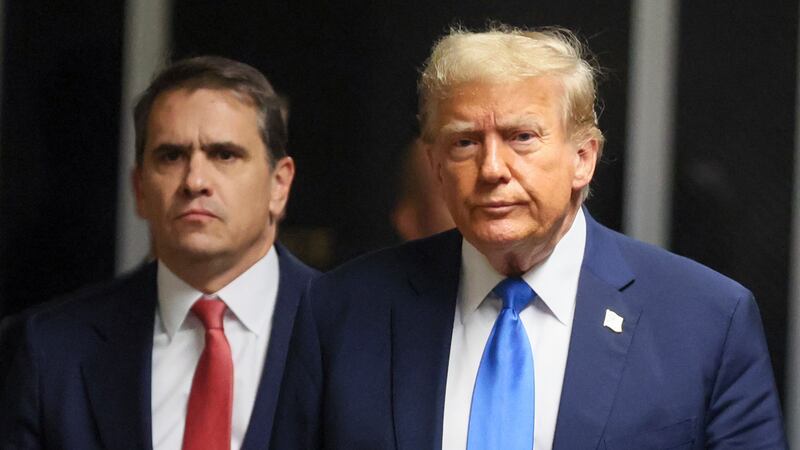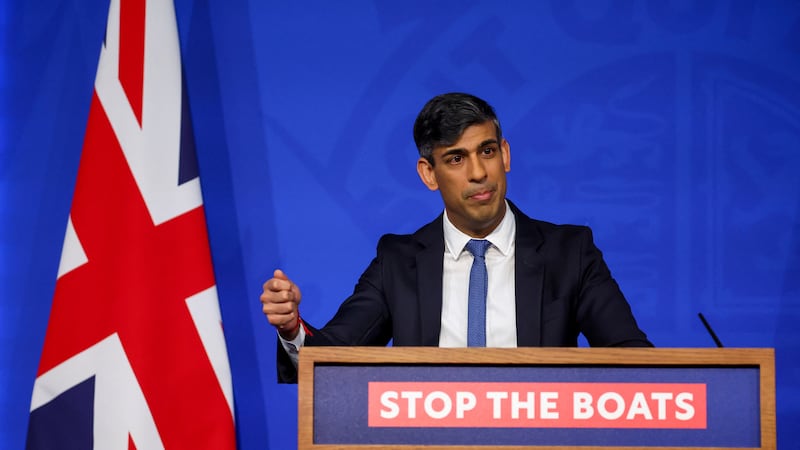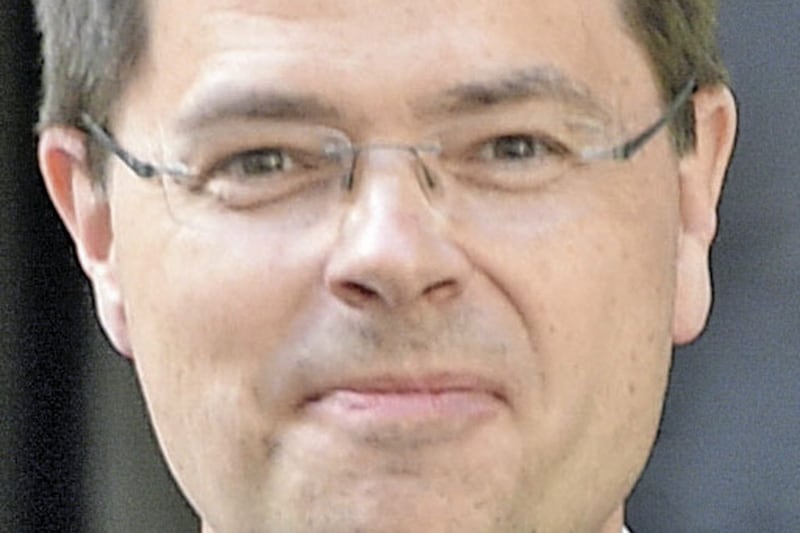STORMONT'S parties have around three weeks to resolve their differences before the British government considers returning to direct rule.
Secretary of State James Brokenshire yesterday told MPs in Westminster that negotiations aimed at restoring devolution needed to intensify.
However, he did not outline any measures, such as the appointment of an independent chair, that would give the process fresh momentum.
The post-election talks involving the two governments and Stomront's five largest parties concluded without agreement ahead of Monday's deadline.
The DUP and Sinn Féin have blamed each other for the impasse, which meant there was no nomination of Stormont's new first and deputy first minister.
Mr Brokenshire said if there was a successful resolution by the time Westminster returned from its Easter recess on April 18 then he would move legislation to enable an administration to be formed without the need for another snap election.
However, if talks fail, he made clear that London would consider direct rule.
"In the absence of devolved government, it is ultimately for the United Kingdom government to provide for political stability and good governance," he said.
The secretary of state said the British government did not want direct rule and that the Tory manifesto stressed support for "locally-accountable institutions".
"But should the talks fail in their objectives, the government will have to consider all options," he said.
As control of Stormont's budget today passes to Department of Finance permanent secretary David Sterling, Mr Brokenshire reiterated his view that the situation was "not sustainable" in the long term.
He said he had spoken with the five political leaders and the Irish government since Monday and had detected a "strong willingness" to continue with the talks process.
"But the window of opportunity is short," he stressed.
"It is essential therefore that the intensity of discussions is stepped up – with renewed intent and focus."
Mr Brokenshire said if resolution cannot be attained he would, at the very minimum, legislate after the Easter recess to ensure rates bills could be issued so district councils could carry out their functions.
He said he would also "provide further assurance" around the budget position in the region.
The secretary of state he said he was determined to take forward the stalled legacy bodies.
But North Belfast MP Nigel Dodds said Sinn Féin had decided the time for devolution was over.
The DUP deputy leader said the party's "main ambitions lie southwards" amid fresh talk of a united Ireland.
"Whilst we are determined to create the conditions for devolution and want devolution to work in partnership with Sinn Féin and others, we need a willing partner, who's willing to work realistically within the parameters of a Northern Ireland with devolved government, within the United Kingdom, within the institutions as agreed, and with Brexit a reality," he said.
Sinn Féin northern leader Michelle O'Neill said the only option open to the secretary of state was "to call an election".
"There is no legal basis for any other course of action, and while parties may or may not want an election the fact is if the British secretary of state brings in new legislation to restore direct rule that will be an act of bad faith and a clear breach of an agreement between the Irish and British governments in 2006," she said.
"Sinn Féin has made it clear that all of the outstanding issues can be resolved – there can be no return to the status quo."
SDLP MP Margaret Ritchie From the MP for South Down repeated her party's call for the appointment of an independent chair.
"The secretary of state must now convene restructured talks under the authority of an independent chair," she said.
"The mandate to resolve the issues exists, all parties must step up and get this over the line."
Ulster Unionist MLA Andy Allen blamed Sinn Féin's "selfish party political interests" for the talks breaking down.
"There is a massive job of work to be done but thus far we have seen nothing short of a complete dereliction of duty from those elected to make this country work," the East Belfast representative said.
"Instead we are facing the prospect of direct rule with the inherent uncertainty that entails, not least with regard to public spending and potential increases to the regional rate."








